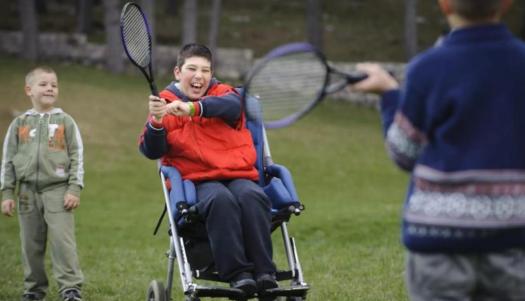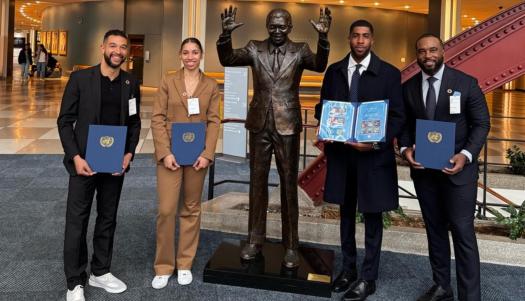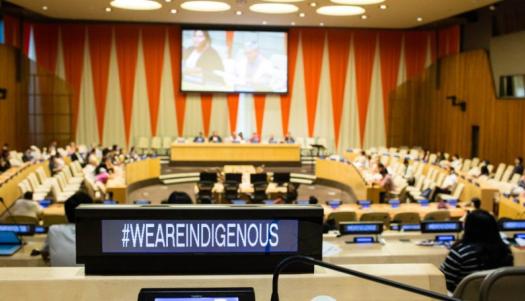
Economic inequalities exist both between older persons and the rest of the population and among older persons themselves, leaving many excluded from prosperity, resources and decent work. Only a minority of the global population accumulates enough savings and other assets to provide for their own economic security in old age. Many older persons work until they are no longer able to or until they are legally required to retire, and also rely on family support and on pensions, where they are available.
Disparities in old age in income and wealth, access to financial services and employment often reflect accumulated disadvantage due to one’s location, gender, socio‐economic status and other characteristics, ageist attitudes and practices, and lacking or inadequate laws and policies—or their enforcement—that provide for equality and minimum standards of living. Inequalities in old age, as with other inequalities, limit participation, economic growth and social cohesion.
In the context of rapid population ageing, they take on greater urgency. Between 2015 and 2030, the number of people aged 60 and over is expected to increase from 901 million to 1.4 billion.1 Moreover, the regions most disadvantaged by inequalities are those where most older persons live and where population ageing is projected to occur rapidly in the coming decades.
“Inequalities accrue and get reinforced over a person’s life. They come home to roost in later years, often exacerbating each other and causing greater disadvantage.”
Source: Richard Jolly, “Inequality and ageing”, in Facing the Facts: The Truth About Ageing and Development, Age International (London, 2014).
Read our briefing paper here: http://bit.ly/economic-inequalities-old-age
 Welcome to the United Nations
Welcome to the United Nations


